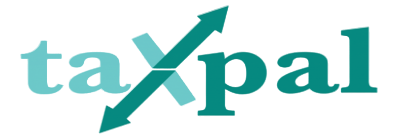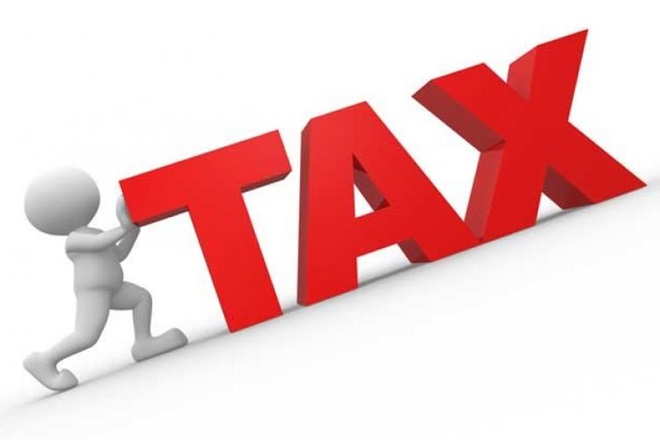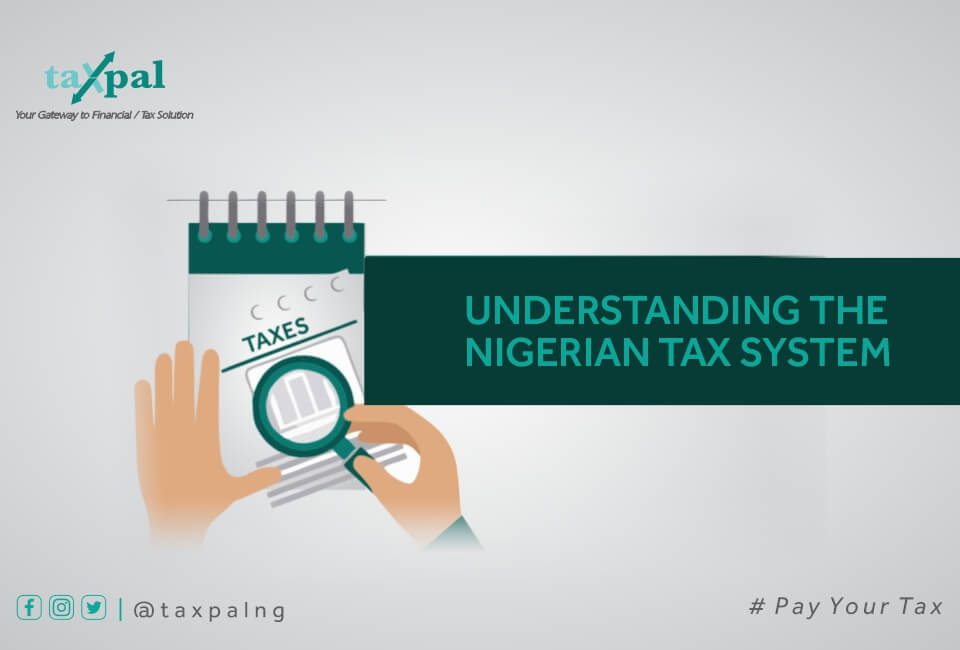- Your One Stop Tax Solution
- +234 (701) 952 8467
- info@taxpaladvisory.com

UNDERSTANDING THE NIGERIAN TAX SYSTEM
March 23, 2023
Matters Arising: Call For Tax Reduction Among Businesses In Nigeria.
March 23, 2023We have been touching on different articles recently but this has been a pertinent question for the fold in recent times, what’s the Implication of taxation on Small and Medium scale enterprises? Your answer is not far-fetched as we provide insights into how this can be the springboard to growth in a developing economy like ours.
Firstly what are small and medium enterprises?
Small and medium-sized enterprises (SMEs) are non-subsidiary, independent firms that employ less than a given number of employees. This number varies across countries.
The most frequent upper limit designating an SME in Nigeria is 5-250 employees. Small and medium enterprises (SMEs) form the core of the majority of the world’s economies.
A study carried out by the Federal Office of Statistics shows that in Nigeria, small and medium enterprises make up 97% of the economy (Ariyo, 2005).
Although smaller in size, they are the most important enterprises in the economy due to the fact that when all the individual effects are aggregated, they surpass that of the larger companies
Nigeria happens to be one of the few economies with a growing desire to build a civilized nation with a strong and sound economy.
Demonstration of such a desire is seen in the latest Tax Drive which it has embarked on in order to increase revenue although some citizens see it as the government’s means of exploitation when desired growth to tax ratio is not been seen effectively.
Taxation and SMEs
There is no doubt that revenue generated from tax happens to be a major source of Government revenue in Nigeria, which makes it an important tool in the development of her economy.
Every nation’s tax policy and equally their systems are related, greatly, to businesses and ventures in that country.
Like every business, SMEs are not exempted from payment of taxes. Any registered business whether SME or not is expected to remit one form of tax or another to the relevant statutory bodies upon registration as a company with the Corporate Affairs Commission (CAC) and commencement of business.
An undisputed fact is that FIRS is a major stakeholder in every business in Nigeria at least by a share of 32% of the profit.
Though not limited to the below-mentioned, the following are some forms of Taxes to be paid to the relevant authority by Small Businesses:
- Company Income Tax
- Withholding Taxes (WHT)
- Value Added Tax
- Educational Tax
- Personal Income Tax
Generally, tax is a compulsory levy charged by Government or its agents on individual or corporate bodies to finance projects and administration. Since tax is backed up by law, the effective way to manage it is to comply.
The best use of all available allowances, deductions, exclusions, exemptions, reliefs, etc., are the legal means, as only a very thin line exists between tax avoidance and tax evasion.
A lot of SMEs have failed in the remittance of their taxes thereby incurring tax penalties and interest in addition to taxes unpaid which can be avoided through adequate tax planning.
Best business practices and good corporate governance demand that business owners and operators conduct their business in a manner to avoid negligence.
That is why a proper understanding of the industry and compliance issues cannot be overemphasized before starting a new business or venturing into any project.
These best business practices are very key and a good business plan or feasibility study will X-Ray this.
As the saying goes that a successful and finance-healthy business environment is the result of an economy that enacts favorable tax policies. As businesses do well, the economy flourishes as well.
This also is where the Nigerian government must have to play a crucial role in ensuring that some of their tax policies are not meant to crush Small and Medium enterprises to their early graves considering their importance to the growth and development of an economy.
However, in Nigeria, SMEs are subjected to multiple taxes by the different tiers of government, each with its own rigorous process and significant compliance cost.
Considering the size of their operations, the absence of harmonized tax regime increases the strain on cash flow and other limited resources of SMEs when compared to large corporations.
Besides, payment of taxes shouldn’t be made to look like strangling the life out of the SMEs in the country but it should serve as means whereby a government can as well reciprocate by way of creating areas of benefit for some of the businesses, in order to bring about growth and development.
In addition, the government should be able to checkmate the various activities of tax agencies in the country in a bid not to create conflicting tax policies.
It should be noted that SMEs are also regulated by several government agencies; thereby leading to significant regulatory compliance costs, which in most cases are duplicated.
The FIRS in its bid has done a marvelous job so far and only needs to keep up sensitization to help improve the net ratio of taxable payers within the country.



